Description
Courgette Zucchini – Yellow Golden Organic
Courgette Zucchini – Yellow Golden Organic Prolific producer of golden yellow, cylindrical courgettes best eaten when 4-8 inches long, borne on small / medium sized bushes. Milder and sweeter in flavour than their green cousins with pale white flesh, they retain their colour own cooked, and add fantastic variety to any meal.
Cultivation advice
- Choose a sunny location with well-draining, fertile soil. Ensure the soil is rich in organic matter by incorporating compost or aged manure.
- Sow seeds directly into the ground or start with seedlings. Plant seeds about an inch deep and space them 2-3 feet apart in rows or mounds.
- Keep the soil consistently moist but not waterlogged. Apply mulch around the plants to retain soil moisture, suppress weeds, and maintain soil temperature.
- Use organic fertilizers, such as compost or fish emulsion, to provide nutrients gradually. Side-dress with compost during the growing season for added nutrition.
- Regularly weed around the plants to prevent competition for nutrients and water.
- Provide support for the plants as they grow. Staking or using cages helps support the fruit-laden vines.
- Monitor for pests like aphids, squash bugs, or powdery mildew. Employ organic pest control methods such as hand-picking or using neem oil to manage these issues.
- Harvest Yellow Golden Zucchinis when they are young and tender, about 6-8 inches in length. Regular picking encourages continuous production.
- Rotate crops yearly to prevent soil depletion and reduce the risk of pests and diseases.
- Consider succession planting, starting new seeds or seedlings every few weeks for a continuous harvest.
- Yellow Golden Zucchinis, like many squash varieties, require pollinators for fruit set. Encourage pollination by planting flowers that attract bees and other pollinators nearby.
- Trim excess foliage to increase airflow and sunlight exposure around the plants, aiding in fruit development and reducing the risk of diseases.
- Thin out crowded or misshapen fruits to encourage larger and healthier zucchinis.
- Consider planting companion herbs or flowers like basil, marigolds, or nasturtiums to repel pests and attract beneficial insects to the garden.
- Water the plants at their base to prevent wetting the leaves, reducing the likelihood of fungal diseases. Provide consistent watering, especially during dry periods.
- Maintain a layer of organic mulch around the plants to conserve moisture, suppress weeds, and provide a protective barrier against soil-borne diseases.
- Regularly replenish the soil with compost or organic matter to enhance soil fertility and improve its structure for healthy root development.
- Practice good garden hygiene by removing fallen leaves, spent plants, and debris to reduce potential habitats for pests and diseases.
- Harvest Yellow Golden Zucchinis early and regularly to encourage the plant to produce more fruits. Leaving overripe zucchinis on the plant can hinder new fruit development.
- Regularly check the soil moisture levels by digging a few inches deep into the soil. Adjust watering based on the plant’s needs and weather conditions.
- Utilize natural methods to control pests. Introduce beneficial insects like ladybugs or lacewings to manage aphids and other harmful pests.
- Create a diverse garden environment that attracts natural predators to control pest populations.
- Implement an integrated approach by combining multiple pest control methods. This includes crop rotation, companion planting, and physical barriers like row covers.
- Regularly harvest Yellow Golden Zucchinis while they are young and tender to encourage continuous production. Large, overripe zucchinis can slow down the production of new fruits.
- Monitor the plants for signs of stress, disease, or pest infestation. Promptly address any issues to prevent them from spreading.
- Use organic mulch to suppress weed growth and minimize competition for nutrients and water. Hand-pulling weeds is also effective, especially when they’re small and easier to remove.

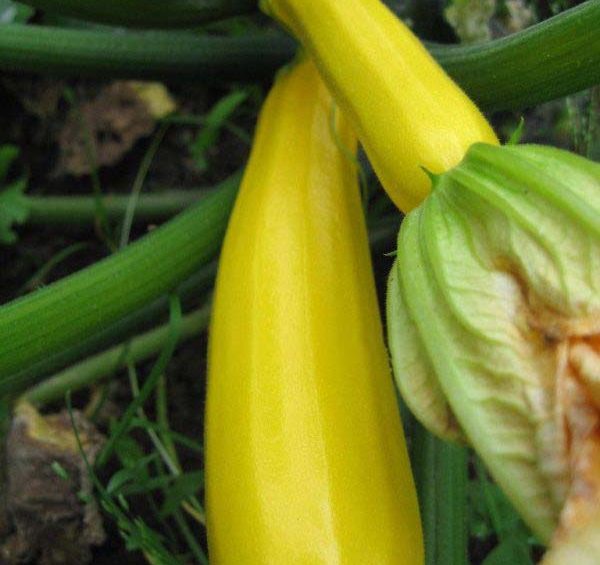
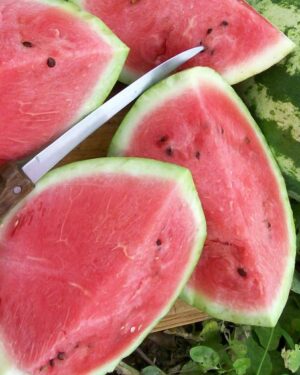
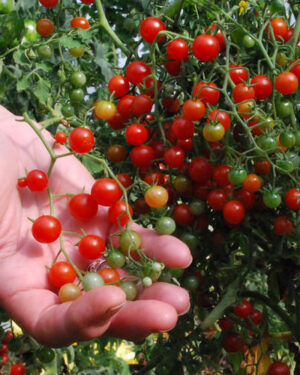
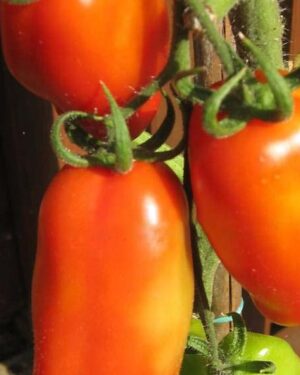
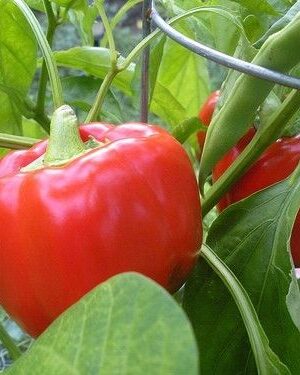
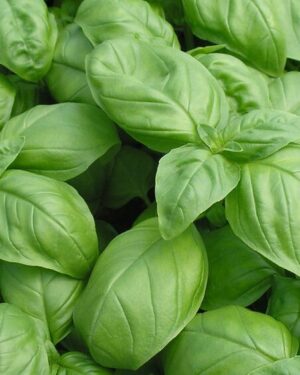
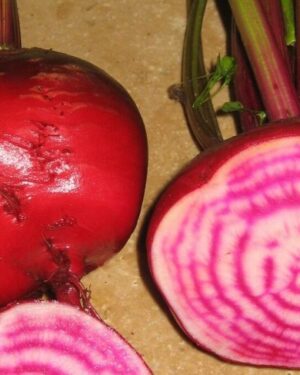
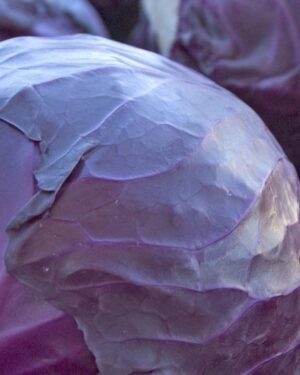
Reviews
There are no reviews yet.